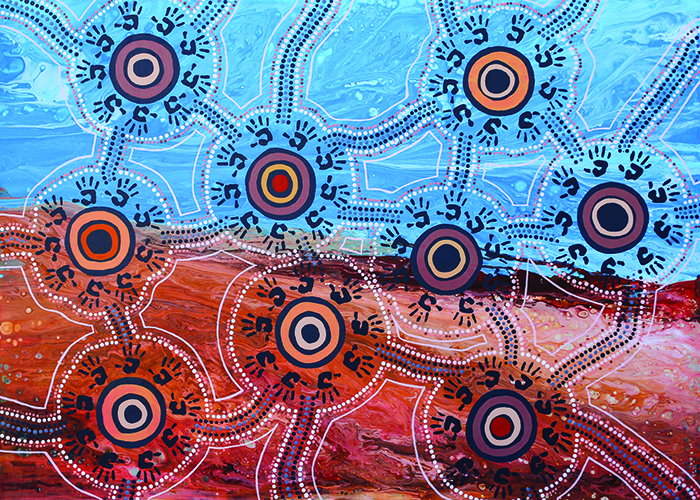Search
Research
Skin-Microbiome Assembly in Preterm Infants during the First Three Weeks of Life and Impact of Topical Coconut Oil ApplicationThe structure and function of infant skin is not fully developed until 34 weeks of gestation, and this immaturity is associated with risk of late-onset sepsis (LOS). Topical coconut oil improves preterm-infant skin integrity and may reduce LOS. However, data on early-life skin-microbiome succession and potential effects of emollient skin care in preterm infants are scarce.
Research
Serological Responses to Streptococcus pyogenes Vaccine Candidate Antigens Suggests That Streptococcus dysgalactiae Is the Predominant Cause of Lower Limb CellulitisA future Streptococcus pyogenes (Strep A) vaccine will ideally prevent a significant burden of lower limb cellulitis; however, natural immune responses to proposed vaccine antigens following an episode of cellulitis remain uncharacterized.
Research
Impact of Meningococcal ACWY Vaccination Program during 2017-18 Epidemic, Western Australia, AustraliaThe rising incidence of invasive meningococcal disease (IMD) caused by Neisseria meningitidis serogroup W in Western Australia, Australia, presents challenges for prevention. We assessed the effects of a quadrivalent meningococcal vaccination program using 2012-2020 IMD notification data.
Research
The burden of bacterial skin infection, scabies and atopic dermatitis among urban-living Indigenous children in high-income countries: a protocol for a systematic reviewBacterial skin infections and scabies disproportionately affect children in resource-poor countries as well as underprivileged children in high-income countries. Atopic dermatitis is a common childhood dermatosis that predisposes to bacterial skin infection.
Research
Roadmap to incorporating group A Streptococcus molecular point-of-care testing for remote Australia: a key activity to eliminate rheumatic heart diseaseJonathan Asha Dylan Rosemary Janessa Jeffrey Carapetis AM Bowen Barth Wyber Pickering Cannon AM MBBS FRACP FAFPHM PhD FAHMS BA MBBS DCH FRACP PhD
As Head of Aboriginal Research Development at Telethon Kids, Glenn Pearson believes his work brings us closer to identifying the real and whole Australian story

Research Theme
First Nations Health and EquityAboriginal health is everyone's business. The needs of Aboriginal and Torres Strait Islander families and kids is integrated into all relevant areas of our work. Improving the health and wellbeing of Aboriginal and Torres Strait Islander kids and families is an overarching priority for every team at The Kids.

More than 3,000 skin checks have been undertaken as part of a large clinical trial in WA’s Kimberley region aimed at halving the burden of skin sores in school-aged Aboriginal children.
Research
Introduction to the updated Australasian consensus guidelines for the management of invasive fungal disease and use of antifungal agents in the haematology/oncology setting, 2021This article introduces the fourth update of the Australian and New Zealand consensus guidelines for the management of invasive fungal disease and use of antifungal agents in the haematology/oncology setting. These guidelines are comprised of nine articles as presented in this special issue of the Internal Medicine Journal. This introductory chapter outlines the rationale for the current update and the steps taken to ensure implementability in local settings.
Research
Consensus guidelines for the diagnosis and management of invasive aspergillosis, 2021Invasive aspergillosis (IA) in haematology/oncology patients presents as primary infection or breakthrough infection, which can become refractory to antifungal treatment and has a high associated mortality. Other emerging patient risk groups include patients in the intensive care setting with severe respiratory viral infections, including COVID-19.
